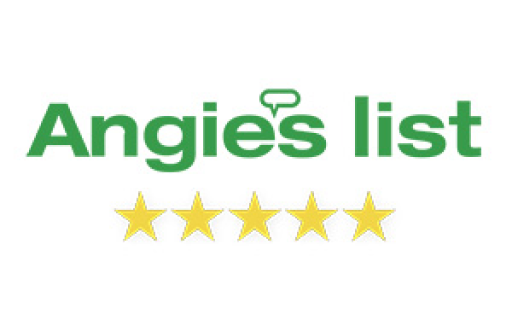When you’re looking for resilient flooring in your office and aren’t interested in carpet, you are likely between two options: vinyl plank flooring or laminate. Let’s explore the key differences between these two types of flooring and determine which is more suitable for a Nashville office.
Vinyl Plank Flooring: Pros and Cons
Vinyl plank flooring is an incredibly popular option for flooring in offices and homes for a variety of reasons. One major benefit of vinyl plank flooring is that it’s waterproof. When you’re looking at the key differences of vinyl plank flooring vs. laminate, the increased resiliency of vinyl is a big advantage. Vinyl flooring is much more water-resistant than laminate and can survive spills without any lingering damage.
Vinyl plank flooring in Nashville needs to stand up to high levels of humidity, and that’s another advantage for vinyl. When it comes to moisture, vinyl is tough. That said, water might not be a major concern in your office space, making vinyl’s main strength less important. Vinyl plank flooring has a wider budget range than laminate, making it possible for your vinyl installation to be cheaper than a laminate floor. If you’re taking the DIY approach and buying cheap, thin vinyl, you can cut costs, but it’s not recommended. Thinner vinyl flooring doesn’t last nearly as long as the thicker, hardier versions. You can sacrifice years of longevity when installing cheap vinyl.
Laminate Flooring: Advantages and Disadvantages
Laminate floors are made of wood byproducts and can expertly mimic hardwood or stone. Laminate usually comes in planks just like vinyl, and laminate can last about as long as vinyl flooring. When comparing laminate flooring vs. vinyl plank flooring, style is often the deciding factor. Laminate can give high-quality hardwood aesthetics for less than hardwood. While vinyl can also emulate wood, it doesn’t do as good a job in look or feel as laminate. Since laminate is made of wood byproduct, it has a natural advantage. In terms of affordability, laminate is generally marginally more expensive than vinyl, but that does depend on the style and thickness.
One factor that may increase the price of your laminate installation is the need for a moisture barrier. These are installed beneath laminate floors and protect the laminate flooring from ambient moisture coming from the subfloor underneath. Generally, this is only necessary when the floor is concrete, but it’s an important difference you need to consider when comparing budgets.
Which Floor Is More Suitable for Your Office?
So in the debate of laminate vs. vinyl plank flooring, which is the winner? Both flooring options are great choices for an office space. Laminate flooring can more closely mimic hardwood for a fraction of the cost, and that is a huge benefit. But is vinyl flooring suitable for an office? Absolutely! Vinyl can be an excellent choice for buildings with high humidity or production spaces that produce moisture. Vinyl can also mimic hardwood, or it can come in a variety of colors that can fit any aesthetic. The bottom line is that depending on what you need, both vinyl plank and laminate flooring are more than suitable for your Nashville office.
Vinyl plank flooring and laminate are both strong, resilient choices for your Nashville office, but they do have their differences. If you’re interested in learning more about installation or you’re looking for a competitive free estimate, give the pros at Ozburn-Hessey a call today.




